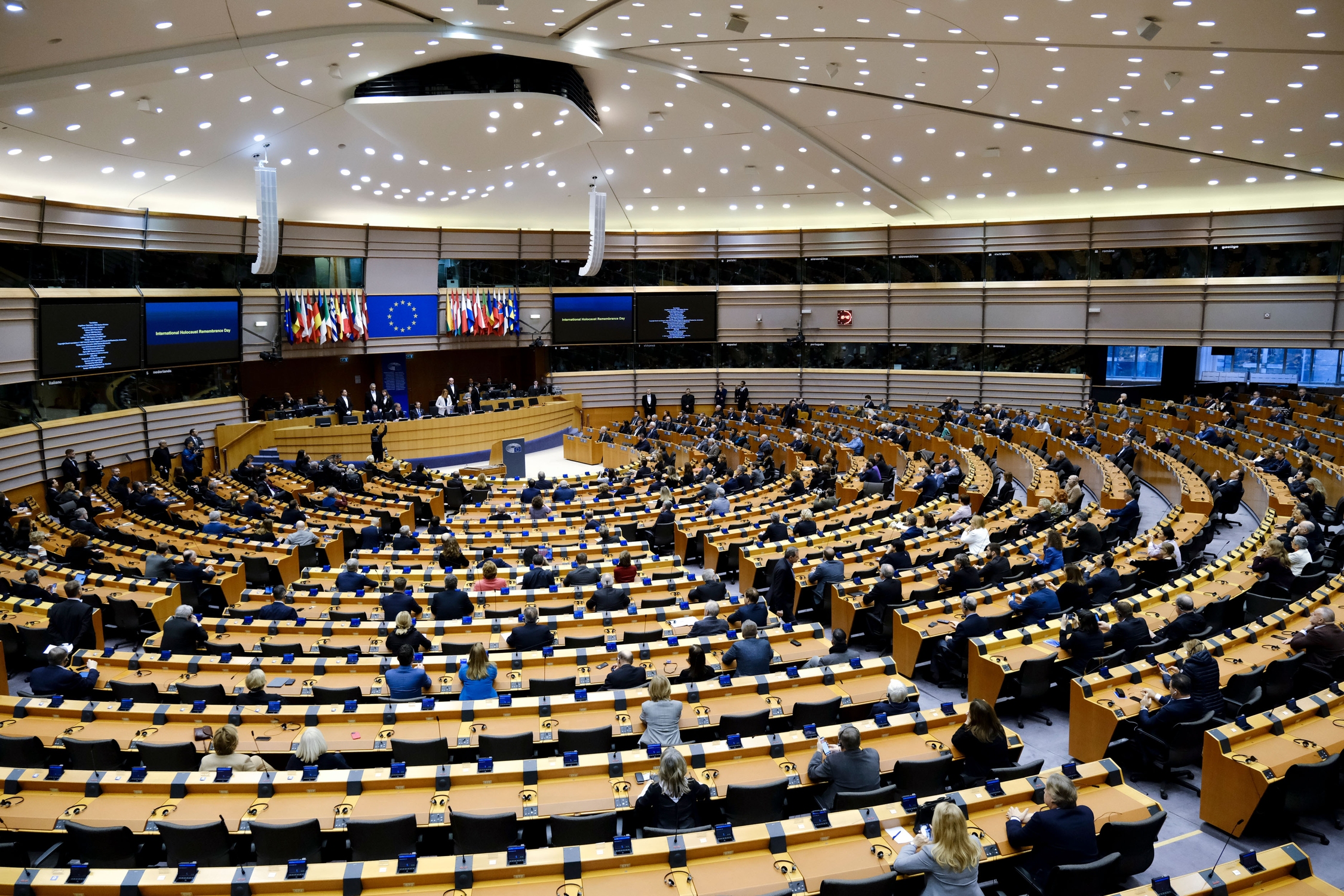The European Council on 14-15 December will have a very dense and packed agenda. In terms of security and geopolitics, there is no indication currently that the Gaza war will have been terminated. Rather, an escalation of the conflict is feared with more humanitarian suffering and pleas for help. The European response to the ongoing tragedy has already suffered from inconsistencies, not least in the form of the great voting variation at the relevant UN General Assembly Resolution, in late October, when eight EU member-states voted in favour, four against and fifteen abstained. On the Ukrainian front, there is also no indication of some kind of settlement, with the war approaching the end of the second year and the Ukrainian counter attack having produced no tangible outcomes. War fatigue is looming and cracks in the -fragile- unity of the EU member-states have begun to appear, not least due to domestic political change in member-states, like Slovakia. For how long will the European foreign policy be able to mask the underlying differences and preserve some kind of a unified stance?
In terms of economic governance, the last meeting of the Minsiters of Finance did not produce a breakthrough vis-à-vis the terms and conditions of the new (macro)economic governance framework. The existing one, based on the Maastricht criteria, the Stability and Growth Pact, and the ‘Six’ and ‘Two Pack’ legislative initiatives, has been suspended during the COVID19 period and the Russian invasion, giving fiscal leeway to member-states to tackle the economic disruption caused by the pandemic and the war in Ukraine. However, in 2024, we are expected to return to the macro-economic normality, which, according to the existing governance framework, will entail the return of the Excessive Deficit Procedure and require concrete and measurable amelioration of basic macroeconomic indicators, primarily the debt to GDP ratio. The dividing lines are mostly known, with a few countries coalescing around Germany for an ‘one-size-fits-all’ approach whereas France advocates the Commission’s proposal for more flexible pathways to debt reduction tailor made for the needs of each member-state. According to the proponents of such a reform, stronger national ownership with comprehensive medium-term plans, based on common EU rules, will ensure debt sustainability and fiscal stability. Although a ‘landing space’ has been identified in the last ECOFIN meeting, much still needs to be done prior to December to avoid having another contentious item on the agenda. Otherwise, national governments will face tight constraints in the years to come in their efforts to finance green transition and stimulate growth in a rapidly deteriorating -in terms of European competitiveness- global economic context.
Tightly related to both ‘hot potatoes’ mentioned above, the Commission adopted, on 8 November, the 2023 Enlargement Package for the Western Balkans and Türkiye, and for the first time also for Ukraine, Moldova and Georgia. The package provides an assessment of the state of play by key areas where reform progress is needed in each country. For the three new countries in the list, the Commission recommends opening negotiations with Ukraine and Moldova and granting candidate status to Georgia. Although such a recommendation is not tantamount to accession and there is a long way ahead for any of these countries to join the EU, it keeps the momentum going and adds another contagious issue to the December European Council agenda. The more Ukrainian accession prospects increase, the more member-states will start voicing their economic concerns, regarding the cost of the next wave of enlargement. This will occur in the framework of the discussions surrounding the post-2027
Multiannual Financial Framework that will have to provide for the necessary resources for such an enlargement. The institutional implications will be also more hotly debated, bringing inevitably to the foreground the future architectural design and the reform of the EU.
By Spyros Blavoukos, Professor, AUEB and Head, ‘Ariane Condellis’ European Programme, ELIAMEP



